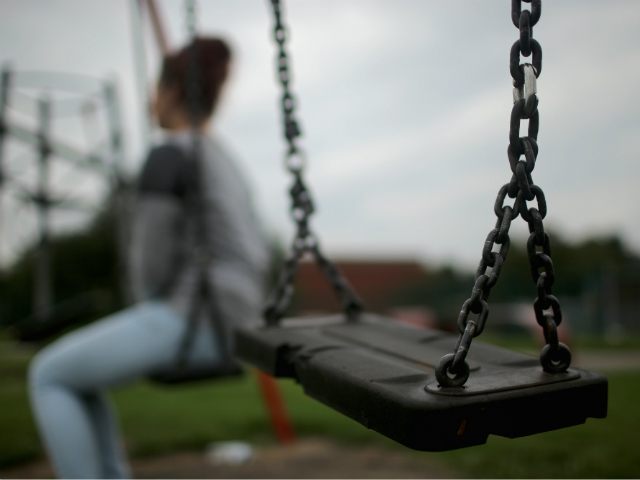Hundreds of rapists and child abusers have been taken off the sex offenders register in the last four years, a Freedom of Information (FOI) request has found. The figures show that more than half of all applications to be removed from the list were successful – and that some police forces granted as many as 90 per cent of requests for removal.
Since 2012, at least 170 rapists and 157 child abusers have successfully applied to be taken off the sex offenders list, meaning that they no longer have to register their address with the police or notify them of travel plans.
The figures include 27 offenders who raped children under 16 years old and three who committed incest with children under 13, as well as people convicted of taking indecent images of children, the BBC has reported.
44 Police Forces were asked the question. Only 40 of those asked responded, meaning that the true figure is likely to be higher.
Responses from the 40 Forces which did respond showed that 1,289 requests to be removed had been received, of which 53.7 percent were approved.
Advocates for the victims of sexual abuse have said they are “extremely concerned” that offenders are being removed from the register.
Peter Saunders – who founded the National Association for People Abused in Childhood (Napac) – told the Guardian that the majority of people he had spoken to favoured a change in the law to require offenders to stay on the list for life. He argued that adults who abuse children will always pose a risk.
“Where somebody has become an adult offender, and has committed these kind of vile and serious crimes against children, then our view is that there isn’t really a case for removing them from a register even though the law says that that can happen,” he said.
“So it’s an area where we would say ‘let’s look at the law again’ because children only get one chance at childhood and if that is utterly devastated by being abused or violated in some way then their life is potentially going to be challenging to say the least, so people who commit those kinds of crimes should know that the consequences for them will be a lifetime of being monitored.”
He added: “The victims and survivors are extremely concerned about this (legislation), not just because it is their potential offenders that are being released or are being de-registered, it’s about the danger they still consider that they pose to children now.
“I think most survivors would wholeheartedly support a change in any legislation that enables abusers a free rein.”
But any attempt to change the law is unlikely to be successful, as the current situation has come about thanks to a ruling by the Supreme Court, against the wishes of Parliament and Home Secretary Theresa May.
Under the 2003 Sexual Offenses Act, all offenders sentenced to more than 30 months detention were made subject to indefinite notification requirements without the opportunity for a review.
But a 2010 ruling by Supreme Court judges struck down the law on human rights grounds. They found that lifetime registration with no chance of a reprieve was disproportionate, and ruled that offenders must be given an opportunity to prove that they had reformed.
They said that it was lawful to monitor someone for their whole lifetime if they remained a threat, but added that an opportunity to appeal must be introduced.
Consequently the Home Office was forced to issue guidance to police forces informing them that they should remove from the list offenders who no longer pose a public threat. Theresa May said at the time: “We will deliberately set the bar for those appeals as high as possible. Public protection must come first.”
However, evidence from the FOI requests shows huge variation in how that guidance is implemented. Whereas Dyfed-Powys and the City of London did not approve any requests to be removed from the register, North Wales Police approved an astonishing 90 per cent.
Wiltshire Police, Northumbria Police, the Police Service of Northern Ireland, Devon and Cornwall Police and Cambridgeshire Constabulary all approved in excess of 75 per cent of requests.
David Hines, founder of the National Victims’ Association, said it was “outrageous” that people who had committed “horrific crimes” were no longer on the register. He said:
“I think the public will be outraged as well. These people should stay on the register. This is not protecting the public.”

COMMENTS
Please let us know if you're having issues with commenting.